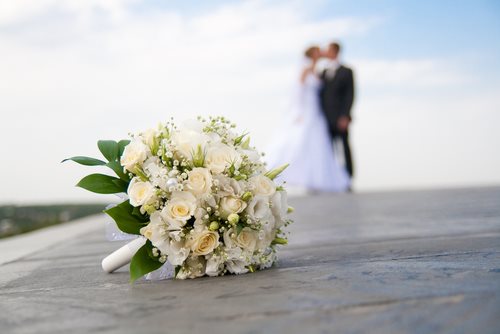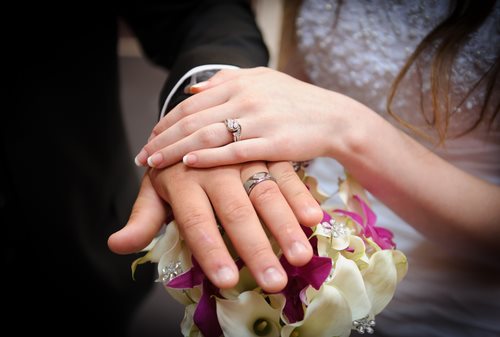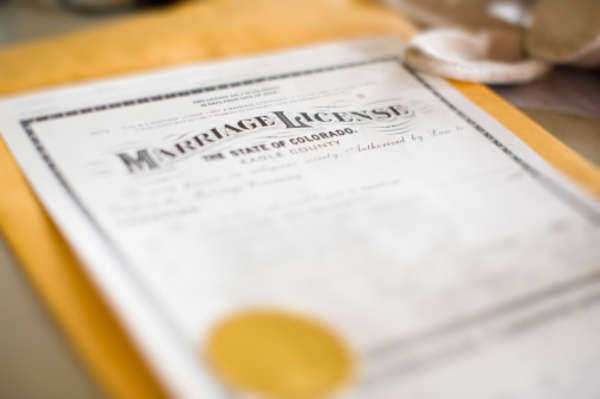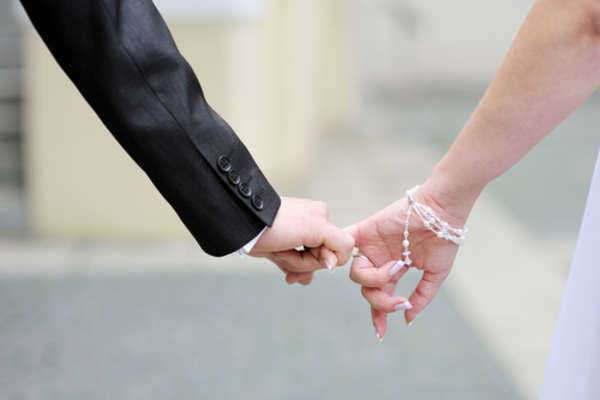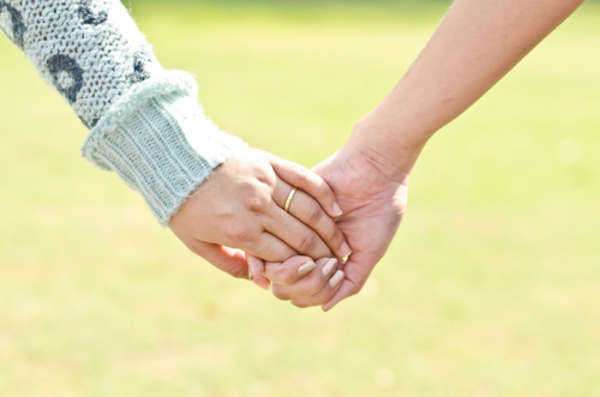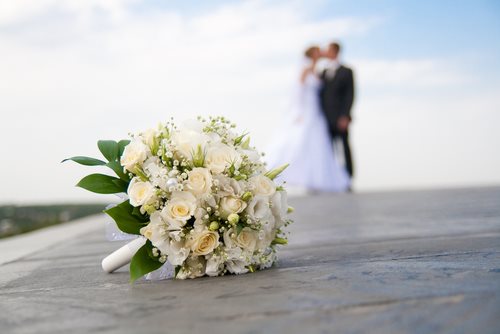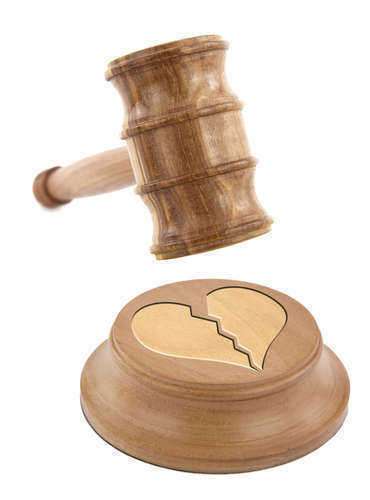
Unraveling the Ties: A Guide to Annulment of Marriage in Kentucky
In the realm of marital dissolution, annulment stands as a distinct legal process offering couples an alternative to divorce under specific circumstances.
Kentucky, with its commitment to family law principles, provides a framework for couples seeking annulment.
This article aims to shed light on the annulment process in Kentucky, exploring the grounds for annulment, the legal implications, and the key distinctions from divorce.
Grounds for Annulment in Kentucky:
1. Fraud or Misrepresentation:
– One of the grounds for annulment in Kentucky is fraud or misrepresentation. If one party can prove that the marriage was based on deceit or false information that goes to the core of the marriage, an annulment may be pursued.
2. Bigamy:
– An annulment may be granted if it is revealed that one party was already married at the time of the marriage ceremony, rendering the subsequent marriage invalid.
3. Incest:
– Marriages between close blood relatives are generally considered void and can be annulled in Kentucky.
4. Underage Marriage:
– If one or both parties were underage at the time of marriage and did not obtain the necessary legal consent, the marriage may be voidable, and annulment could be pursued.
5. Lack of Capacity:
– A marriage may be annulled if one of the spouses lacked the mental capacity to understand the nature of the marriage or was under the influence of drugs or alcohol during the ceremony.
Legal Implications of Annulment:
1. Nullification of Marriage:
– Annulment in Kentucky essentially nullifies the marriage, treating it as if it never legally existed.
2. Property Division:
– Unlike divorce, where marital property is subject to equitable distribution, annulment does not involve such division since the marriage is considered to be void. However, issues regarding property acquired during the purported marriage may still be addressed.
3. Spousal Support:
– Annulment generally means that there is no provision for spousal support since the marriage is treated as if it never occurred.
4. Child Custody and Support:
– Matters related to child custody and support are addressed similarly to those in divorce cases, as the welfare of the children takes precedence over the legal status of the marriage.
Key Differences from Divorce:
1. Legal Status:
– The primary difference between annulment and divorce lies in the legal status of the marriage. An annulment declares the marriage null and void, while divorce terminates a legally valid marriage.
2. Timeframe:
– Annulments are typically sought early in the marriage, often shortly after the wedding, whereas divorce can be pursued at any time during the marriage.
3. Stigma:
– Societal perceptions of annulment and divorce can differ. Annulment, often associated with the idea that the marriage was never valid, may carry less social stigma than divorce in certain contexts.
Initiating the Annulment Process in Kentucky:
1. Consult with an Attorney:
– Given the complexities of annulment proceedings, it is advisable for individuals seeking annulment to consult with an experienced family law attorney who can provide guidance through the legal process.
2. File the Petition:
– The annulment process typically begins with the filing of a petition in the circuit court in the county where either party resides. The petition outlines the grounds for annulment and other relevant details.
3. Serve Legal Documents:
– Legal documents, including the petition, must be served to the other party, who then has the opportunity to respond.
4. Court Hearing:
– A court hearing is scheduled where both parties present their case, and the court makes a determination on the annulment request.
5. Final Order:
– If the court grants the annulment, a final order is issued, officially nullifying the marriage.
Conclusion:
Annulment in Kentucky is a legal recourse available to individuals seeking to nullify a marriage under specific circumstances. Understanding the grounds for annulment, its legal implications, and the differences from divorce is crucial for those navigating the complexities of marital dissolution. Whether considering annulment or exploring other options, seeking legal advice from professionals familiar with Kentucky family law can provide valuable guidance through the process of ending a marriage.
Guide to Annulment of Marriage in Kentucky
In the state of Kentucky, there are three ways a marriage may legally end. Death of a spouse automatically terminates a marriage, and divorce can also result in a marriage’s end.
The third way to end a marriage is significantly less common: annulment of marriage in KY is granted only under very specific circumstances, and requires spouses to prove that one of those circumstances is true.
This guide will teach you about the grounds for annulment of marriage in Kentucky, as well as the differences between annulment and divorce.
Divorce vs. Annulment of Marriage in Kentucky
While both divorce and annulment will end a marriage, there are differences between divorce and annulment of marriage in KY. Both require court proceedings, but after an annulment of marriage in Kentucky, legally the marriage simply never took place—it is retroactively voided. Divorce, on the other hand, recognizes that a marriage did exist but is now being terminated. While divorce is often used for marriages of long or short durations, annulment of marriage in KY is almost always used for marriages that have not lasted long.
Grounds for Annulment of Marriage in Kentucky
In order to obtain an annulment of marriage in KY, you must show that you have legal grounds for the annulment. Currently, there are several grounds for annulment of marriage in Kentucky, including:
ñ The marriage only took place because one party was forced to marry or defrauded into marrying.
ñ If a marriage is incestuous (this includes first cousins), it constitutes grounds for annulment of marriage in KY.
ñ If a party has been judged to be mentally disabled, they may petition for annulment of marriage in Kentucky.
ñ If one party already has a living husband or wife and has not completed divorce proceedings against their spouse, this is considered bigamy and is grounds for annulment of marriage in KY. Even if the party to the marriage is separated or has been separated for some time, a marriage is still considered bigamous unless divorce proceedings have been completed fully.
ñ In some cases, marriages of minors may also be eligible for annulment of marriage in Kentucky. This can happen if there was no cohabitation once the minor reached the age of majority.
Procedure for Annulment of Marriage in Kentucky
In order to get an annulment of marriage in KY, you will need to file a petition for annulment. This petition can be somewhat complicated, and in order to understand whether you are likely to be given an annulment of marriage in Kentucky, you may want to consult with a divorce attorney. In order to be granted an annulment of marriage in KY, you will need to show not only grounds for annulment, but also that you brought your annulment petition within 90 days of finding out about the grounds.
If you do not qualify for an annulment of marriage in Kentucky, you may still seek a no-fault divorce. In some situations, divorce may be substantially simpler and easier than filing an annulment petition, especially if you and your spouse do not have many substantial disagreements about marital assets.
